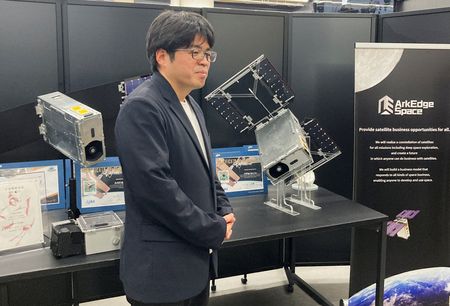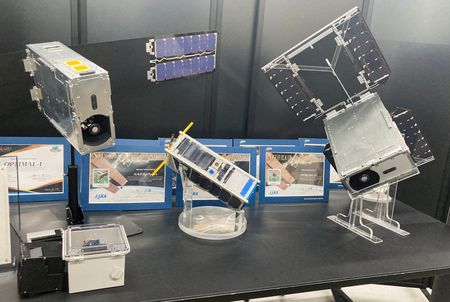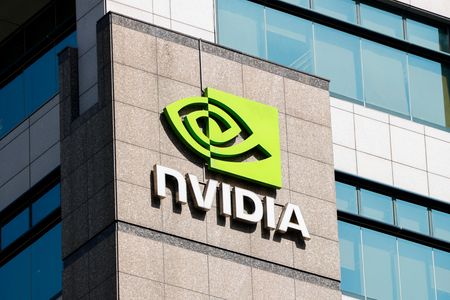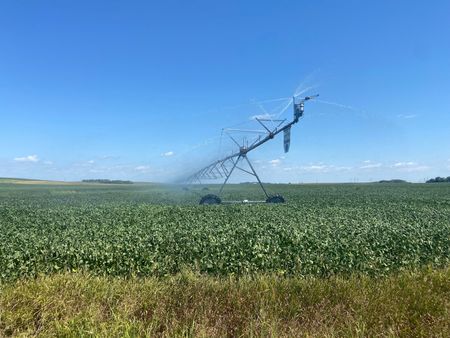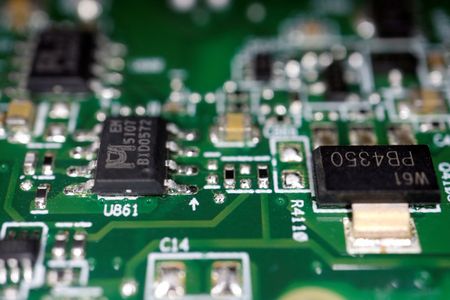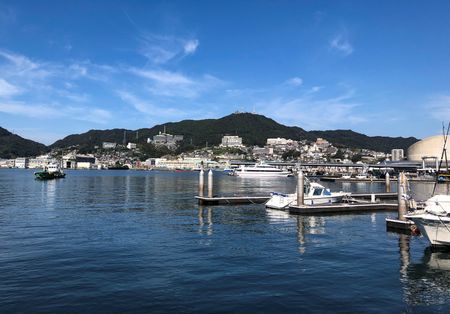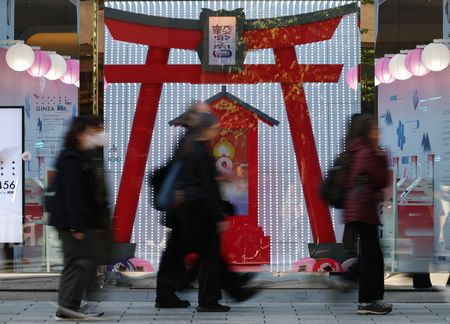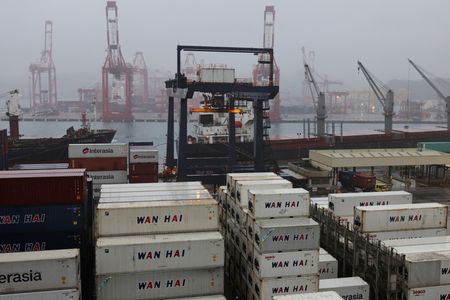By Kantaro Komiya
TOKYO (Reuters) – Japanese startup ArkEdge Space said on Friday an observation satellite it helped build for Taiwan’s space agency has captured what could be the world’s best-quality Earth imagery from a spacecraft smaller than a suitcase.
The small optical observation satellite ONGLAISAT took 2.5-metre resolution images after being released to orbit about 400 km above the Earth in December, the company said.
“The pictures are as clear as aerial photography (despite) being taken by a satellite of this size,” Takayoshi Fukuyo, chief executive of ArkEdge, which led the ONGLAISAT mission, told a media briefing earlier this week. He added that it was probably the highest-resolution image ever captured by a small “cubesat”.
Black-and-white images released by ArkEdge showed land, trees and buildings of places such as a Seattle suburb and Argentina’s Patagonia taken by ONGLAISAT late last month.
ONGLAISAT, acronym of “onboard globe-looking and imaging satellite”, mounts the Taiwan Space Agency’s optical equipment on a cubesat about the size of a desktop computer, co-developed by ArkEdge and a University of Tokyo aerospace lab.
ONGLAISAT will end its mission in early March but the optical technology it demonstrated will be applied to future remote sensing satellite missions, TASA said in a Wednesday statement.
With heightening tension with China, Taiwan is rushing to secure space infrastructure in areas spanning from Earth observation to communication, including a 2023 launch of homemade weather satellite and talks with Amazon for its satellite internet service Kuiper.
Taiwan’s space buildup has also led to deepening ties with commercial players in Japan, its neighbour and a close U.S. ally.
TASA last year announced partnerships with other Japanese space startups, including Space One, which it provided a satellite payload for the Kairos small rocket’s failed second test, as well as moon exploration company ispace.
TiSpace, a Taiwanese private company founded by a former TASA official, aims to test its rocket in a private launch pad in northern Japan early this year.
(This story has been corrected to say that TASA signed partnership with ispace, not that it provided payload to moon lander, in paragraph 9)
(Reporting by Kantaro Komiya; editing by Gerry Doyle)

